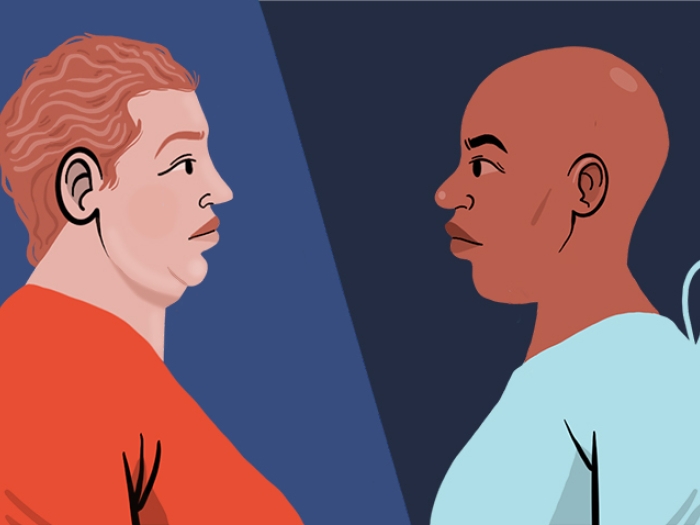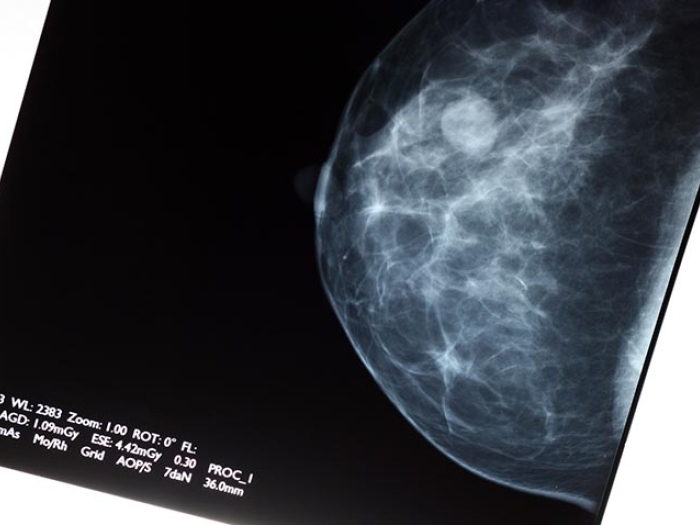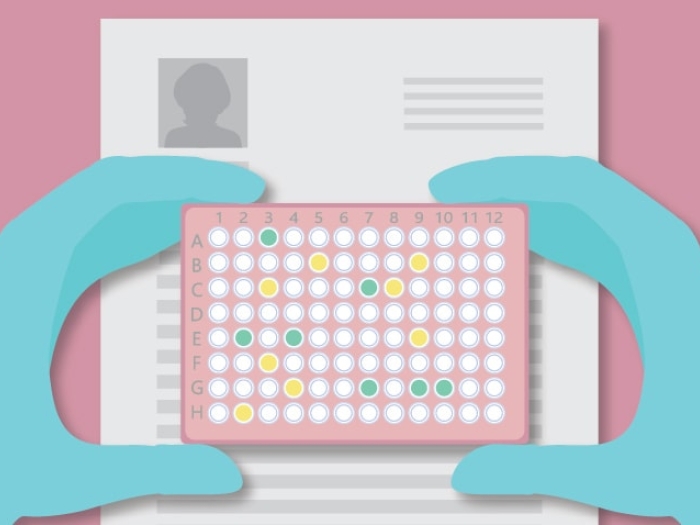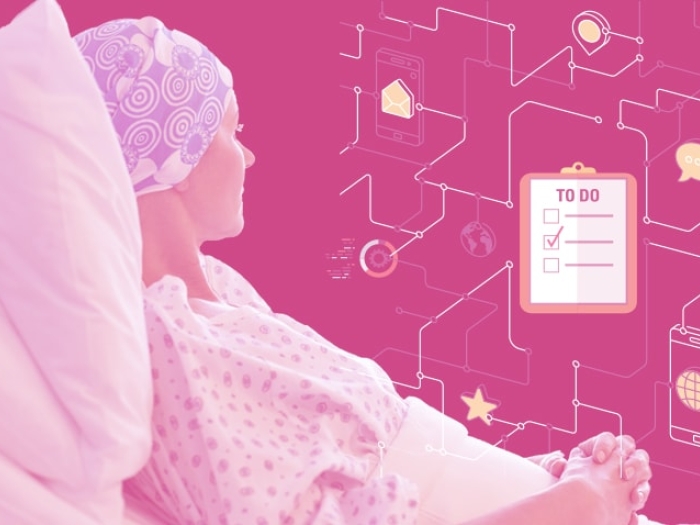A new study shows language barriers and cultural differences disadvantage some patients, but it records no significant inequities in how doctors provide information.
11:00 AM
Author |

The largest study to date of how Latina breast cancer patients evaluate treatment options highlights the need to counteract language barriers, information overload and a tendency to defer to (rather than partner with) doctors.
MORE FROM THE LAB: Sign up for our weekly newsletter
The new research from the University of Michigan appears in the journal Cancer. It builds upon previous Michigan Medicine studies of doctor-patient communication and decision-making in breast cancer.
In the work, more than 5,000 newly diagnosed women with breast cancer from Los Angeles County and the state of Georgia were surveyed. Beforehand, nearly 100 survey tools were reviewed and considered to ensure that data collection accurately reflected the experiences of a population diverse in race, ethnicity, age, education and level of health literacy.
A primary objective was to record the experiences of breast cancer patients characterized as Latinas with low acculturation. Compared with the other respondent groups, Latinas with low acculturation were younger and less educated and had lower health literacy and poorer health.
"While there is a body of research exploring disparities in care between other groups, for example comparing whites with African-Americans, this is really the first significant look at the vulnerabilities and experiences of this growing group of breast cancer patients," says lead author Steven J. Katz, M.D., M.P.H., a U-M professor of medicine and of health management and policy.
Among the many factors recorded:
-
How patients learned of their diagnosis, with whom they consulted before surgery, the type of treatment they received, and their perception of the communication and coordination of their care among clinicians and across specialties.
-
Patients' attitudes and beliefs about medical decision-making, including how much patients wanted to participate in decisions versus deferring to their doctors.
-
Patients' informal decision support networks, including whether and how much family members or friends participated in their decision-making, including attending appointments and taking notes.
Key findings
The different patient groups surveyed were similar in several ways, including how they learned of their diagnosis, how many consulted with different specialists prior to surgery, and their relatively high opinions of how well providers worked with one another to coordinate care.
Significant differences were recorded for some measures, however, especially between Latinas with low acculturation and other patient groups. When reviewing treatment options, this group of Latina patients tended to ask fewer questions and leave treatment decisions to their doctors. They were also more likely to report receiving too much information about tests and treatments and to give clinicians lower marks for the quality of their communication.
"On balance, the news is encouraging," says Katz. "While we see differences in how some patients comprehend the information we're providing, we don't see significant inequities in how we're providing it. That's something to build on."
SEE ALSO: Half of Breast Cancer Patients Experience Severe Side Effects
The research brings to life the ways that language barriers, cultural differences and fear of discrimination disadvantage some patients, notably Latinas with low acculturation. At the same time, Katz adds that this group tends to be quite resilient and resourceful.
"More than other cohorts we studied, these women relied on informal decision support. They were more likely to bring family members or friends along to doctor visits, and to rely on them to take notes.
"Our study serves as another reminder that as doctors, we need to work harder to be accountable and relate to each patient's unique situation," says Katz, who notes that this research is consistent with his team's prior studies pointing to the need to develop new culturally tailored, patient-centered tools.
Guidelines for physicians
Katz points to several provider strategies to improve communication and shared decision-making with underserved, language-challenged cancer patients:
-
Acknowledge the emotion and complexity of the moment. A cancer diagnosis and the information and options that come with it are overwhelming and frightening. Information overload can result in a patient deferring to, rather than partnering with, her doctor.
-
Slow the process. Although the diagnosis requires prompt attention, every decision does not need to be made immediately.
-
Bridge the cultural divide. Make language interpretation services available to demonstrate a commitment to patient-centered care.
-
Leverage informal support. Encourage patients to bring a friend or family member to help translate, facilitate questions and take notes. Offer to summarize the issues discussed for recording on a smartphone.
Notes Katz, "While these suggestions may be especially helpful to culturally diverse patients or those whose primary language is not English, we can and should keep them in mind for all breast cancer patients. We can always do better."

Explore a variety of healthcare news & stories by visiting the Health Lab home page for more articles.

Department of Communication at Michigan Medicine
Want top health & research news weekly? Sign up for Health Lab’s newsletters today!





